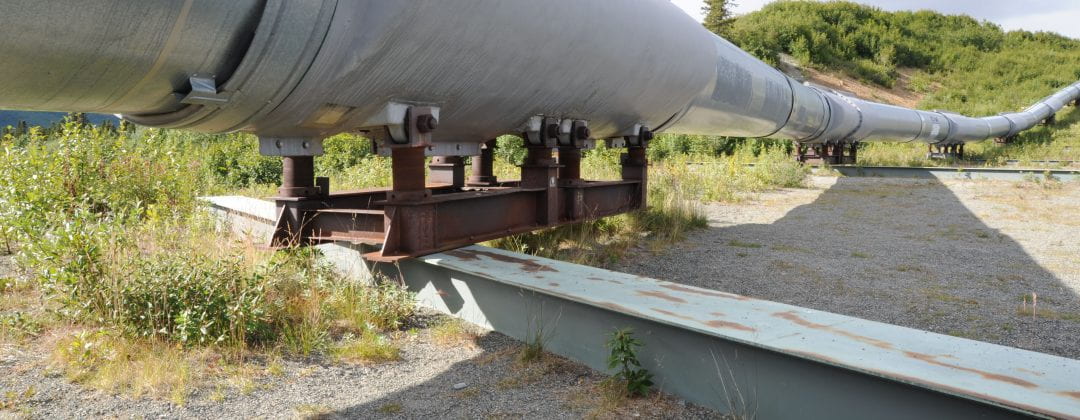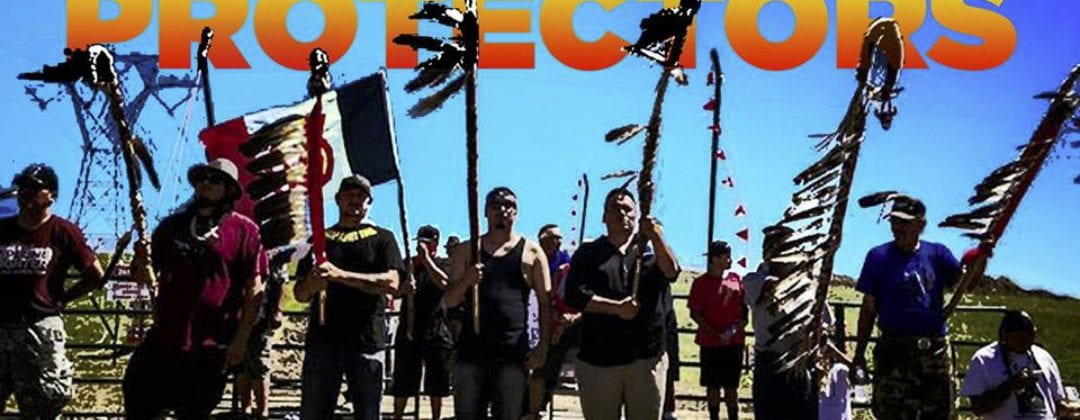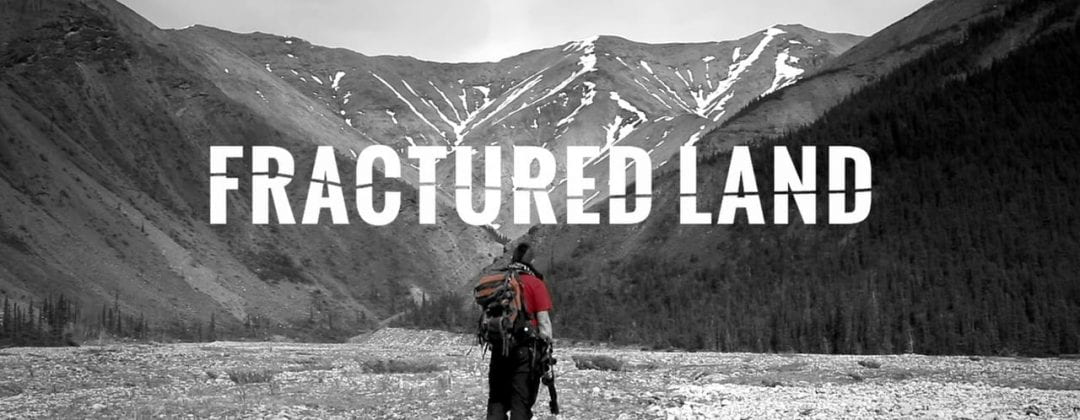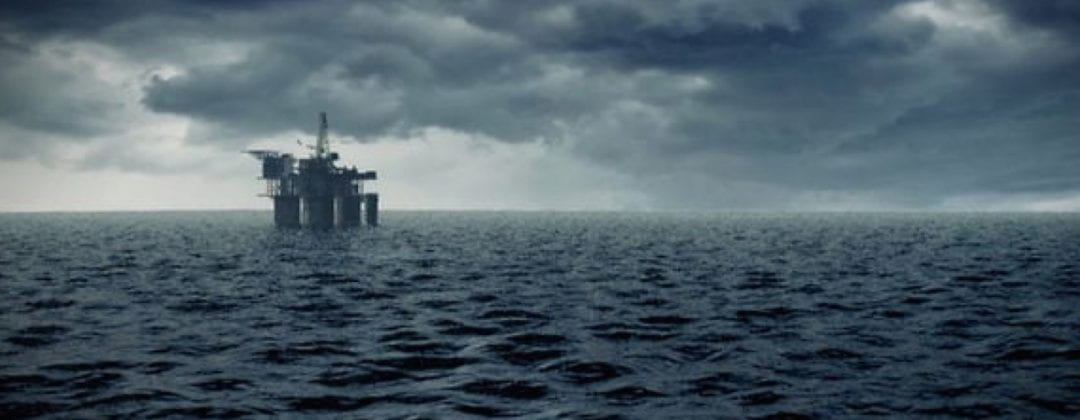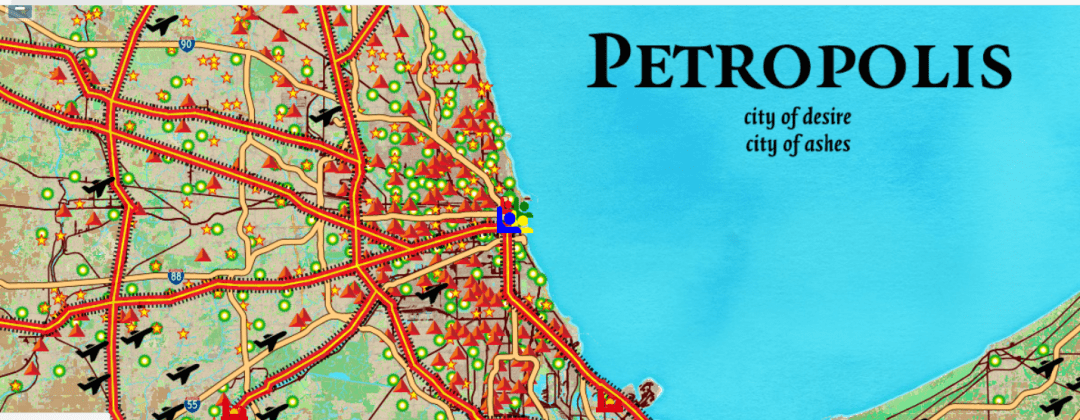A Two Day Conference on Decolonial Visual Cultures in the Age of the Capitalocene
May 12-13, 2017
UC Santa Cruz
Organized by T.J. Demos and Laurie Palmer, with Rachel Nelson and Chessa Adsit-Morris
Extraction designates capitalism’s fundamental logic of withdrawal—of value, nutrients, energy, labor, time—from people, lands, culture, life-forms, the elements, without corresponding deposit (except as externalities of non-value in the form of pollution, waste, climate change, illness, and death). It forms hierarchies of power around divisions that are racially, ethnically, sexually, and ecologically inscribed. How can we understand the diverse cultures of extraction in relation to histories of colonialism, green capitalism, the Anthropocene and Capitalocene, and how are these cultures being visualized?
Equally, how is extraction, as a fundamental logic of living and dying in the era of fossil fuel capitalism and catastrophic climate change, being visualized, negotiated, and contested at the individual and collective levels, including by cultural producers such as socially engaged artists, anti-colonial legal activists, Indigenous water protectors, media theorists, writers, architects, and designers, as much as by scientists and policy makers? Faced with multiple tipping points moving us implacably toward a catastrophic environmentally altered future—and now with a US president hostile to climate science and industrial regulations—how might we create possibilities for living non-extractively in ways singular and plural today?
Confirmed speakers include: Angela Anderson, Caleb Behn, Isabelle Carbonell, T.J. Demos, Brian Holmes, Mary Hsia-Coron and Andy Hsia-Coron, Kyle Lane-McKinley, Ann López, Jason Moore, Laurie Palmer, Claire Pentecost, Anne Quirynen, Martin Rizzo, and Wašté Win Young.
Video recordings are soon available, click on names below for links.
Schedule:
Fri, May 12, 10:30-6:00 (Colleges Nine and Ten Multipurpose Room, UC Santa Cruz) (Parking passes are for sale ($8, cash only) from parking attendants at the Core West parking lot. For map and more info, see here. Shuttles are available between the Core West lot and the College 9/10 Multipurpose Room.)
10:30-10:40: Introductions: Laurie Palmer [link to video] and Tj Demos [link to video]
10:40-11:30: Jason Moore, "The Capitalocene and its Discontents: Towards a Revolutionary Ecology," [link to video]
11:30-1:00 Angela Anderson on Unearthing Disaster (screening of Part I of Unearthing Disaster (2013), Q&A moderated by Alex Moore [link to video] [link to online version of Unearthing Disaster, Part 1 and Part 2]
1:00-3:00 Lunch / Breakout groups / A UC Santa Cruz Walking Tour with Kyle Lane-McKinley and Blaize Wilkinson: The University in the Age of Extraction
3:00-4:30: Anne Quirynen on Mars Analog [link to video]; and Claire Pentecost [link to video]; Q&A moderated by Chessa Adsit-Morris
4:30-6:00: Screening of Fractured Land (75min) with introduction by Caleb Behn [link to intro] [link to film trailer]
Sat, May 13, 10:00-4:30 (Resource Center for Nonviolence, 612 Ocean St, Santa Cruz)
10:00-12:00 Caleb Behn [link to video]; Brian Holmes [link to video]; and Wašté Win Young [link to video] [link to trailer for Shannon Kring's End of the Line: The Women of Standing Rock]; Q&A moderated by Rachel Nelson
12:30-2:30: Lunch / Breakout groups / An Anti-Colonial Santa Cruz Walk with Martin Rizzo
2:30-4:30: Isabelle Carbonell [link to video]; Mary and Andy Hsia-Coron [link to video]; Ann López [link to video]; Q&A moderated by Samuael Topiary and LuLing Osofsky
4:30: Laurie Palmer and Tj Demos: Concluding Remarks
*The Extraction Conference is sponsored generously by the Center for Creative Ecologies, the Institute of the Arts and Sciences, the Center for Documentary Arts and Research, the UC Santa Cruz Arts Research Institute, Colleges Nine and Ten, and the UCSC American Indian Resource Center.
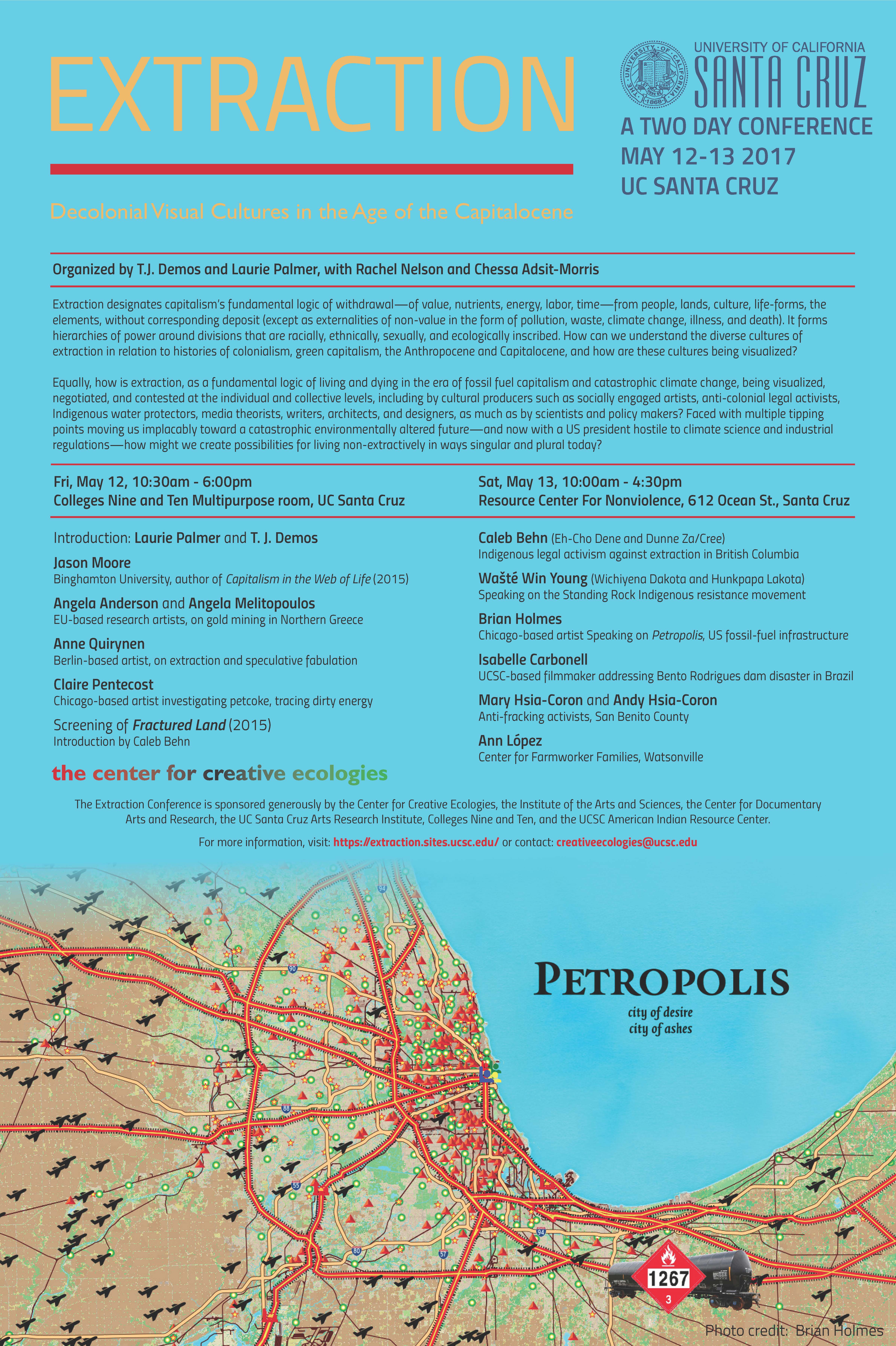

Speaker Biographies:
Chessa Adsit-Morris is a curriculum theorist, environmental educator and arts-based activist. Her interests include feminist science studies, SF, ecological thought, art activism and environmental justice, and she is the author of a forthcoming book publication with Palgrave Macmillan titled Restorying Environmental Education: Figurations, Fictions, Feral Subjectivities, which will be in print January 2017. She is a PhD student in the Visual Studies Department at UC Santa Cruz, focusing on innovative arts-based pedagogical strategies and the complexities of curriculum studies in a more-than-human world. She has a BA in Architecture and Environmental Science and a MA in Education (Curriculum Studies). She has worked with Universities, NGOs, school boards and municipal authorities across the world to translate complex scientific research into approachable, teachable theory; creating strategies and resources that help to guide policies and practices toward creating a healthy and more sustainable future.
Angela Anderson is an artist & filmmaker working at the intersection of the fields of philosophy, ecology, economics, migration, media and feminist & queer theory. Recent exhibitions include Framer Framed – Amsterdam, the 2015 Thessaloniki Biennale and Holbaek Images (both with Angela Melitopoulos). She is the exhibition designer for Forum Expanded (Berlin International Film Festival) and holds an MA in Film and Media Studies from the New School, and is currently a PhD student at the Academy of Fine Arts in Vienna. Her video project, Unearthing Disaster Part 1 and Part 2 (2013 and 2015), in collaboration with Angela Melitopoulos, which examines the destruction of a pristine, mountainous forest region in Northeastern Greece by a Canadian mining company, can be accessed here.
Caleb Behn is Eh-cho Dene and Dunne-Za from Treaty No. 8 in Northeastern British Columbia. He is the Executive Director of the Keepers Of The Water, an indigenous led grassroots organization dedicated to protecting water in the Arctic Basin. Caleb graduated from the University of Victoria Law Program holding a Concentration in Environmental Law and Sustainability. He is the subject of the award winning documentary film Fractured Land. His current research focuses upon unconventional energy, indigenous health and water governance.
Isabelle Carbonell is a Belgian-Uruguayan-American award-winning documentary filmmaker, with a background in environmental science and social science. Currently working on her PhD in Film and Digital Media at the University of California, Santa Cruz, her research interests span experimental ethnographic film, participatory filmmaking, environmental justice, multi-species ethnography, invasive species, to disasters and the anthropocene. Having published an article in the journal Policy Review on the ethics of big data in big agriculture earlier last year, she has just come out with another article featuring her new multispecies filmmaking methodology, this one a co-authored film-and-text hybrid piece called “The Golden Snail Opera” in the Cultural Anthropology journal. Presently, Carbonell is working on a research project that deals with representations of invasive jellyfish blooms as a harbinger for climate change. as well as an interactive multilinear documentary exploring suffering in a post-disaster landscape from her fieldwork in Minas Gerais, Brazil, on the Rio Doce dam disaster.
T. J. Demos is Professor in the Department of the History of Art and Visual Culture, University of California, Santa Cruz, and Founder and Director of its Center for Creative Ecologies. He writes widely on the intersection of contemporary art, global politics, and ecology and is the author of Decolonizing Nature: Contemporary Art and the Politics of Ecology (Sternberg Press, 2016); The Migrant Image: The Art and Politics of Documentary During Global Crisis (Duke University Press, 2013)—winner of the College Art Association’s 2014 Frank Jewett Mather Award—and Return to the Postcolony: Spectres of Colonialism in Contemporary Art (Sternberg Press, 2013). Demos co-curated Rights of Nature: Art and Ecology in the Americas, at Nottingham Contemporary in January 2015, and organized Specters: A Ciné-Politics of Haunting, at the Reina Sofia Museum in Madrid in 2014. He is currently completing a new book for Sternberg Press entitled Against the Anthropocene: Visual Culture and Environment Today.
Brian Holmes is an essayist, activist and artist-cartographer who lives in Chicago. A Marxist, drawn out of himself into ecology. A polyglot, with other lives in Europe and Latin America. Member of the Compass group and of Deep Time Chicago. Prefers not to work, no job, no career, no competition. Check out the good stuff: Southwest Corridor Northwest Passage, in collaboration with Rozalinda Borcila; Petropolis, in collaboration with the Southeast Environmental Task Force and the Coalition to Ban Petcoke ; and Living Rivers, in collaboration with Alejandro Meitin.
Andy Hsia-Coron was trained as a biologist at U.C. Santa Cruz. He has taught in prisons, universities and high schools. He has also been a union negotiator and school board president. Andy is a proponent of the "San Juan Bautista model green city" and "Bright Future Central Coast" visions. He is a co-founder of a grassroots group, San Benito Rising, which launched the first local initiative to ban fracking in California. Andy also co-founded Coalition to Protect Monterey County which passed Measure Z in Monterey County. Andy resides in a passive solar house that he helped to design three decades ago.
After retiring in 2012, Mary Hisa-Coron has focused on grassroots environmental projects in the Monterey Bay region. In 2013, she helped to start San Benito Rising which passed Measure J in San Benito County—the first fracking ban by citizen’s initiative in California. In 2015, Mary developed an environmental summer camp for underserved youth in San Juan Bautista. In 2016, Mary co-founded Coalition to Protect Monterey County which passed Measure Z. In 2017, Mary worked with supporters of Measures J and Z to successfully lobby 17 jurisdictions to join Monterey Bay Community Power—a nonprofit energy provider that will double the use of renewable energy in 3 counties. Previously, Mary worked at Hewlett Packard for 28 years. Mary graduated from UCSC in 1982 after studying Computer Science, Economics and Environmental Studies.
Ann López is an emerita professor and has taught courses in biology, environmental science, ecology and botany in the biology department at San José City College for many years. She is an independent researcher whose research addresses the human side of the binational migration circuit from the subsistence and small producer farms of west central Mexico to employment in California’s corporate agribusiness. Dr. López has worked with over 33 farm worker families in the Salinas and Pajaro valleys. She has also studied 22 of their family farms in the west central Mexico countryside, and has received recognition and awards for her work.
Kyle Lane-McKinley is an artist and an educator in Santa Cruz, California, where he lives with his partner Madeline Lane-McKinley, and their daughter Tuli. Kyle completed an MFA in Digital Art and New Media at UC Santa Cruz in 2010, where he continues to work as a lecturer, research associate, and as associate-director of the Social Practice Arts Research Center (SPARC at UCSC). Kyle's pedagogy is informed by his background in worker collectives, popular education projects, and grassroots social movements. His research interests include theories of representation and reification, critical spatial practice, revolutionary feminism, speculative futurism, and counter-cultural history.
Jason W. Moore is an environmental and world historian at Binghamton University, where he is Associate Professor of Sociology and Research Fellow at the Fernand Braudel Center. He is author of Capitalism in the Web of Life (Verso, 2015) and editor of Anthropocene or Capitalocene? Nature, History, and the Crisis of Capitalism (PM Press, 2016). A History of the World in Seven Cheap Things, written with Raj Patel, will be published this fall (University of California Press). He is coordinator of the World-Ecology Research Network.
LuLing Osofsky is a writer, documentary photographer, educator, and PhD student in the Visual Studies program at UC Santa Cruz. Most of her recent work investigates how East Asian and diasporic identities are inscribed into, or play out across, physical landscapes. LuLing has received fellowships from the Freeman Foundation for East Asian Studies, the Indonesian Ministry of Culture and a number of artist residencies around the country. She has an MFA in writing from the University of Wyoming, where she taught for several years prior to arriving to UCSC. Her work on race and the environment has appeared in Orion, the Paris Review Daily, and the LA Review of Books outlet The Offing.
A. Laurie Palmer is a Professor in the Art Department at UC Santa Cruz. Her place-based work takes form as sculpture, public projects, and writing, and she collaborates on strategic actions in the contexts of social and environmental justice. Her book In the Aura of a Hole: Exploring Sites of Material Extraction (2014) investigates what happens to places where materials are removed from the ground, and how these materials, once liberated, move between the earth and our bodies. She is currently researching the shapes and structures of underground oil shale formations and developing work on lichen that considers this slow, resistant, adaptive and collective organism as an anti-capitalist companion and climate change survivor. She was a founding member of the art collective Haha, working on site and community based projects, and she taught in the Sculpture Department at the School of the Art Institute of Chicago for 18 years before coming to UCSC in 2015.
Claire Pentecost is an interdisciplinary artist and writer whose work is driven by research but inspired by questions of form. She advocates for the role of the amateur in the production and interpretation of knowledge, while her longstanding interest in nature and artificiality predicates her recent responses to anthropogenic climate change. Past projects focused on industrial and bioengineered agriculture in a global, corporate food system. Pentecost’s exhibitions include: dOCUMENTA (13), Kassel, Germany; 13th Istanbul Biennial; WhiteChapel, London; 3rd Mongolian Land Art Biennial; Higher Pictures, New York; Corcoran Museum, Washington, DC; Milwaukee Art Museum; Whitney Museum, Stamford, CT; Transmediale 05, Berlin; and American Fine Arts, New York. She is professor and chair of department of photography at the School of the Art Institute of Chicago, and holds degrees from Smith College and the Pratt Institute.
Anne Quirynen is an artist working at the intersection of video, installation, music and dance, focussing on (deserted) landscapes, the medialization of the body, science fiction and ecology. She studied art history in Leuven and video art at the Hogeschool Sint-Lukas in Brussels. She was assistant professor for Film, Video and New Media at the Chicago Art Institute. At present she is professor for moving image at the European Media Studies, a co-operation between the University of Potsdam and the University of Applied Sciences Potsdam. Her films and installations have been awarded and exhibited in many international festivals and museums.
Martin Rizzo received his PhD from the History Department at UCSC in 2016, for work on his dissertation, No Somos Animales: Indigenous Survival and Perseverance in 19th Century Santa Cruz. His work explores the struggles of Indigenous families and individuals through a time of colonial violence and disruption. Originally from Los Angeles, Martin has lived in the Santa Cruz region for nearly 20 years. Martin is currently working as an Adjunct History Instructor at UCSC, Cabrillo College, and Salinas Valley State Prison.
S. Topiary is a PhD candidate in the theory-practice Film & Digital Media PhD program at UCSC. Her PhD research focuses on the history of environmentalism and the urban landscape in documentary film. Her films and multi-media performance works bridge documentary film, experimental video art and contemporary dance and have been presented in film festivals, theaters, art galleries and museums through the US and internationally. Topiary has taught at UC Santa Cruz, the School for Visual Arts, CUNY College of Staten Island, Pratt Institute and the Media Studies program at New School University in New York and has received grants and residencies from the MacDowell Colony, the Experimental Television Center, Radar’s Writer’s Lab and Mount Tremper Arts.
Blaize Wilkinson is a recovering academic. As a student of literature and history for many years, in formal and informal settings, she has gained great appreciation for the manner in which the telling of a story determines the conclusions which we draw from it. As a practitioner of fabric arts and crafts of all sorts, Blaize is interested in the ways in which such stories inhere within material culture. Blaize is an active member of The Fabrica Collective, a community textile arts and salvage workshop, and of the hypeburbler collective, which deploys speculative fiction to investigate a Santa Cruz that exists in a parallel alternative present. She is profoundly allergic to language or ideas which stigmatize mental illness, and is known for speaking her mind.
Wašté Win Young is a former Tribal Historic Preservation Officer for the Standing Rock Sioux Tribe, where she currently lives. Wasté Win has also been heavily involved in the #NoDAPL movement since 2014 and is an expert on environmental law and policy. She recently returned from an Indigenous Women’s delegation to Norway to pressure international banks to divest from the DAPL. It goes without saying, she’s well-qualified and can speak with expertise on the past, present, and future of the #NoDAPL movement.
